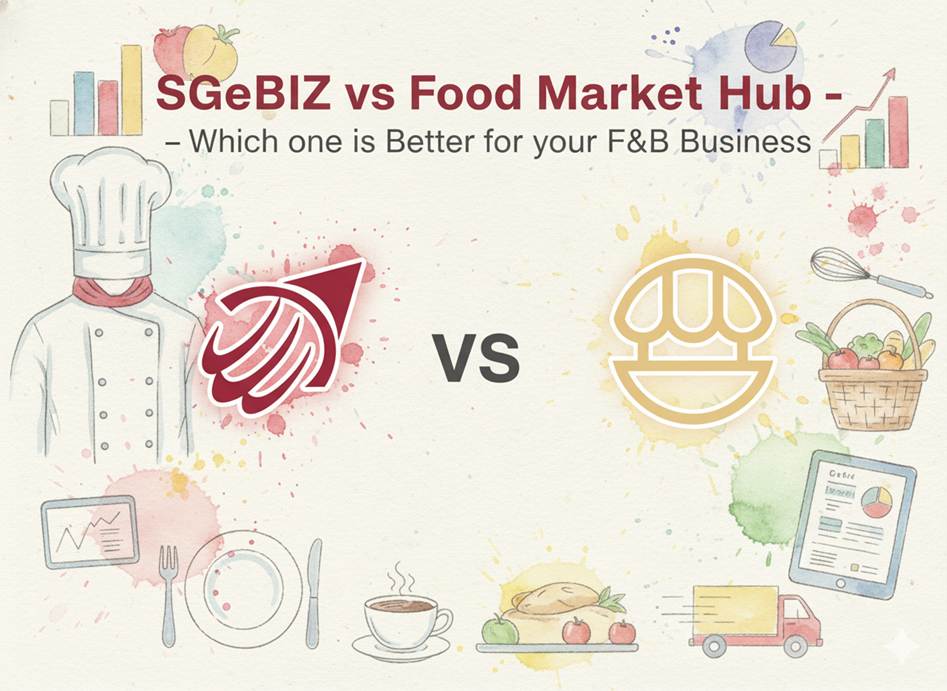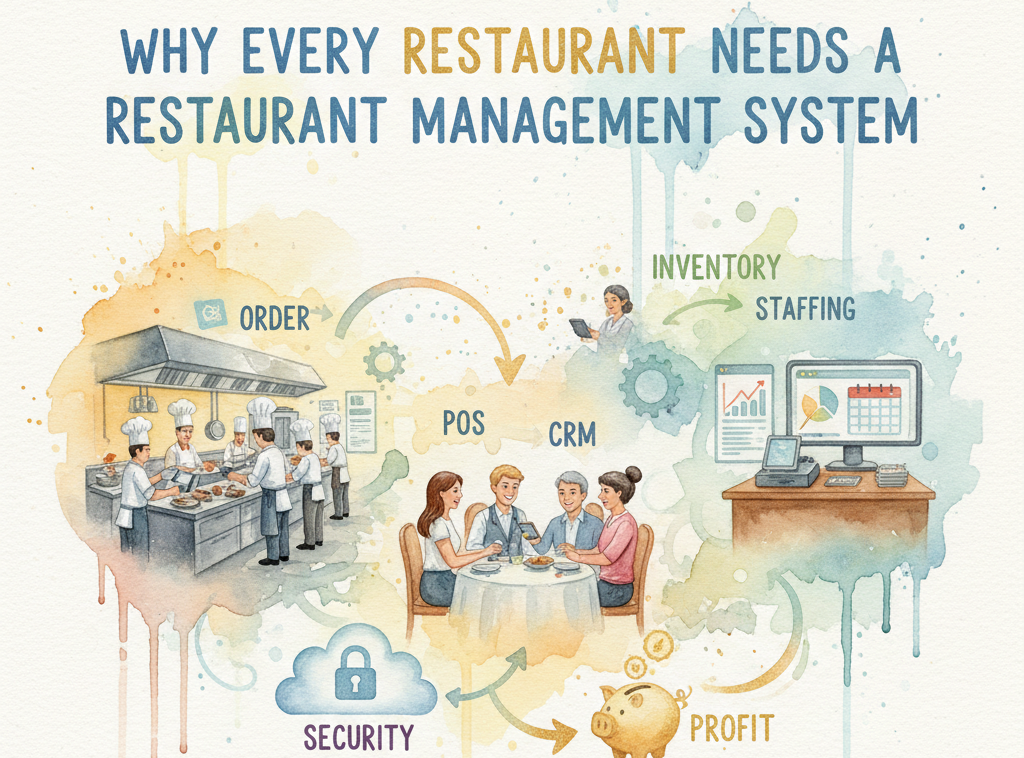Pros and Cons of a Supplier Management System

If you serve food to customers, you know how important it is to have the right ingredients at the right time. A supplier management system can help you keep track of everything, but it also has some downsides. Let’s talk about the good and bad so you can decide if it’s right for you.

What Is a Supplier Management System?
A supplier management system is a tool that helps you handle all the companies that provide you with food, drinks, and other supplies. Instead of dealing with phone calls, emails, and spreadsheets, this system keeps everything in one place. You can see what you ordered, when it’s coming, and how much it costs without digging through piles of paper.
Many businesses use these systems because they save time and reduce mistakes. A study by Restaurant Dive found that nearly 60% of food service businesses improved their supply chain management by using digital tools. If you struggle with late deliveries or wrong orders, this might be a solution.
The Pros of Using a Supplier Management System
One of the biggest advantages is saving time. Instead of calling multiple suppliers to check prices or delivery times, the system shows you everything in one dashboard. You can compare prices, track orders, and even set up automatic reordering when stock runs low. This means fewer last-minute trips to the store because you ran out of something important.
Another benefit is better control over costs. When you can see all your orders and invoices in one place, it’s easier to spot where you’re spending too much. Some systems even analyze your spending and suggest cheaper alternatives. According to Nielsen, businesses that track their supply chain closely reduce waste by up to 20%. That’s money you can use elsewhere.
A good system also helps you manage supply chain risks. If a supplier suddenly raises prices or can’t deliver, you’ll know right away and can find another option. This keeps your kitchen running smoothly without unexpected shortages.
The Cons of a Supplier Management System
While these systems help in many ways, they also have some drawbacks. The first is cost. There are a lot of brands in the market that charge a lot from you and don’t give you satisfaction in return. You need to get a better return on investment. Brands like the Food Market Hub aren’t that heavy on your pocket and also give you the best ROI. Brands like KFC and Pizza Hut rely heavily on this brand, and it is high time that you too do it.

Another issue is the learning curve. If you or your staff aren’t tech-savvy, it might take time to get used to the system. Some people prefer sticking to phone calls and paper invoices because it’s what they know. Switching to digital tools requires training, and mistakes can happen while everyone adjusts. Food Market Hub solves this problem as well. It has very easy and straightforward features that your staff can learn instantly.
Lastly, relying too much on technology can be risky. If the system crashes or loses data, you might not know what you ordered or when it’s arriving. Always keep backup records until you’re sure the system works perfectly for you. Food Market hub is cloud-based based which ensures that your data is safe in the cloud and you can access it irrespective of your device.
Is It Worth It for You?
If you often deal with late deliveries, confusing invoices, or wasted ingredients, a supplier management system could make your life easier. It helps you stay organized, save money, and avoid surprises. But if you have a simple setup with just a few trusted suppliers, you might not need it yet.
Think about how much time you spend dealing with suppliers now. If it’s more than a few hours a week, this system could give you those hours back. Also, consider whether you’re ready to invest in new tools and train your team.
Frequently Asked Questions
1.How does a supplier management system help with supply chain risk?
It alerts you if a supplier has delays or price changes so you can switch to another option quickly.
2.Can small businesses use these systems?
Yes, many systems are designed for smaller operations and don’t require a big budget.
3.Will it completely automate my supply chain?
Not always. Some tasks still need manual input, but it reduces a lot of the work.
4.How do I choose the right system?
Look for one that fits your budget, is easy to use, and works with your current suppliers.
5.What if I have problems with the system?
Most providers offer customer support to help you fix issues quickly.

A supplier management system isn’t perfect, but for many, the benefits outweigh the downsides. Think about your needs and decide if it’s the right move for you. Invest in Food Market Hub for a profitable future.










